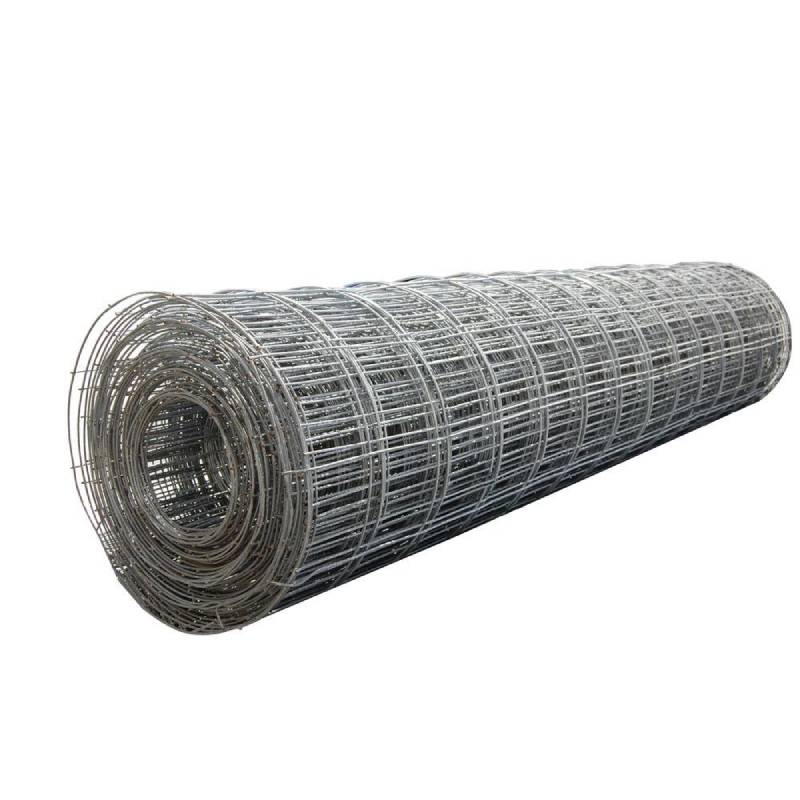
- Mobile Phone
- +8613931874955
- sales@cntcmetal.com
titanium coil spring
Understanding Titanium Coil Springs A Blend of Strength and Versatility
Titanium coil springs are an essential component in various industries, offering a unique combination of lightweight construction, exceptional strength, and corrosion resistance. These springs are utilized in applications ranging from aerospace to automotive, medical devices, and even sporting goods. The distinct properties of titanium make coil springs made from this material highly desirable for both performance and longevity.
Properties of Titanium
Titanium is a remarkable metal known for its high strength-to-weight ratio. It is approximately 45% lighter than steel yet possesses comparable or even superior strength. This quality makes titanium coil springs ideal for applications where minimizing weight is crucial without compromising durability. Furthermore, titanium exhibits excellent resistance to corrosion and extreme temperatures, making it suitable for harsh environments where other materials might degrade.
Applications of Titanium Coil Springs
1. Aerospace Industry In the aerospace sector, weight savings are paramount. Titanium coil springs are used in various components, such as landing gear, control surfaces, and engine mounts. The ability to endure high stress and temperature variations while remaining lightweight enhances the overall efficiency and performance of aircraft.
2. Automotive Sector The automotive industry also benefits from titanium coil springs, particularly in performance vehicles. These springs deliver improved responsiveness and handling due to their strength and flexibility. They allow for better suspension systems, leading to enhanced ride quality and stability.
3. Medical Devices In medical applications, titanium's biocompatibility makes it an ideal choice for springs used in devices such as implants, surgical instruments, and other specialized medical equipment. The corrosion resistance of titanium ensures that these devices remain safe and effective over time.
titanium coil spring

4. Sporting Goods From high-performance bikes to advanced golf clubs, titanium coil springs are increasingly being integrated into sporting equipment. Their unique properties enhance performance, providing athletes with the competitive edge they seek.
Manufacturing of Titanium Coil Springs
The production of titanium coil springs requires precision engineering and advanced manufacturing techniques. Due to the unique characteristics of titanium, processes such as CNC machining and heat treatment are often employed to achieve the desired specifications and performance traits. The design must also consider factors like spring rate, load capacity, and fatigue life to ensure optimal performance.
Advantages Over Traditional Materials
While traditional materials such as steel and carbon fibers have been popular choices for coil springs, titanium presents several advantages. Titanium springs are not only lighter but also exhibit superior fatigue strength, meaning they can endure more cycles of stress before failure. Additionally, titanium’s corrosion resistance eliminates the need for protective coatings, simplifying maintenance.
Conclusion
In summary, titanium coil springs embody the perfect marriage of strength, lightweight design, and versatility, making them increasingly popular across various industries. Their applications in aerospace, automotive, medical devices, and sporting goods highlight their importance in enhancing performance and durability. As technologies continue to advance, the role of titanium coil springs is likely to expand, further solidifying their position as a key component in high-performance engineering. The future of manufacturing and design will undoubtedly benefit from the unique attributes that titanium brings to the world of coil springs.
share:
-
Yard Sign Stakes: Reliable Guardians of Outdoor SignsNewsAug.04,2025
-
Wall Ties: Invisible Guardians of Building StabilityNewsAug.04,2025
-
Resilient Web: The Super Guardian Power of Concrete MeshNewsAug.04,2025
-
Masonry Accessories: A versatile assistant on building foundationsNewsAug.04,2025
-
Iron Binding Wire: the 'invisible reinforcement specialist' in the fields of architecture and industryNewsAug.04,2025
-
Dynamic Spring: The diverse functions and excellent performance of Wire Tension SpringNewsAug.04,2025
-
Your Source for Concrete Wall Ties and Masonry AccessoriesNewsJul.10,2025



















